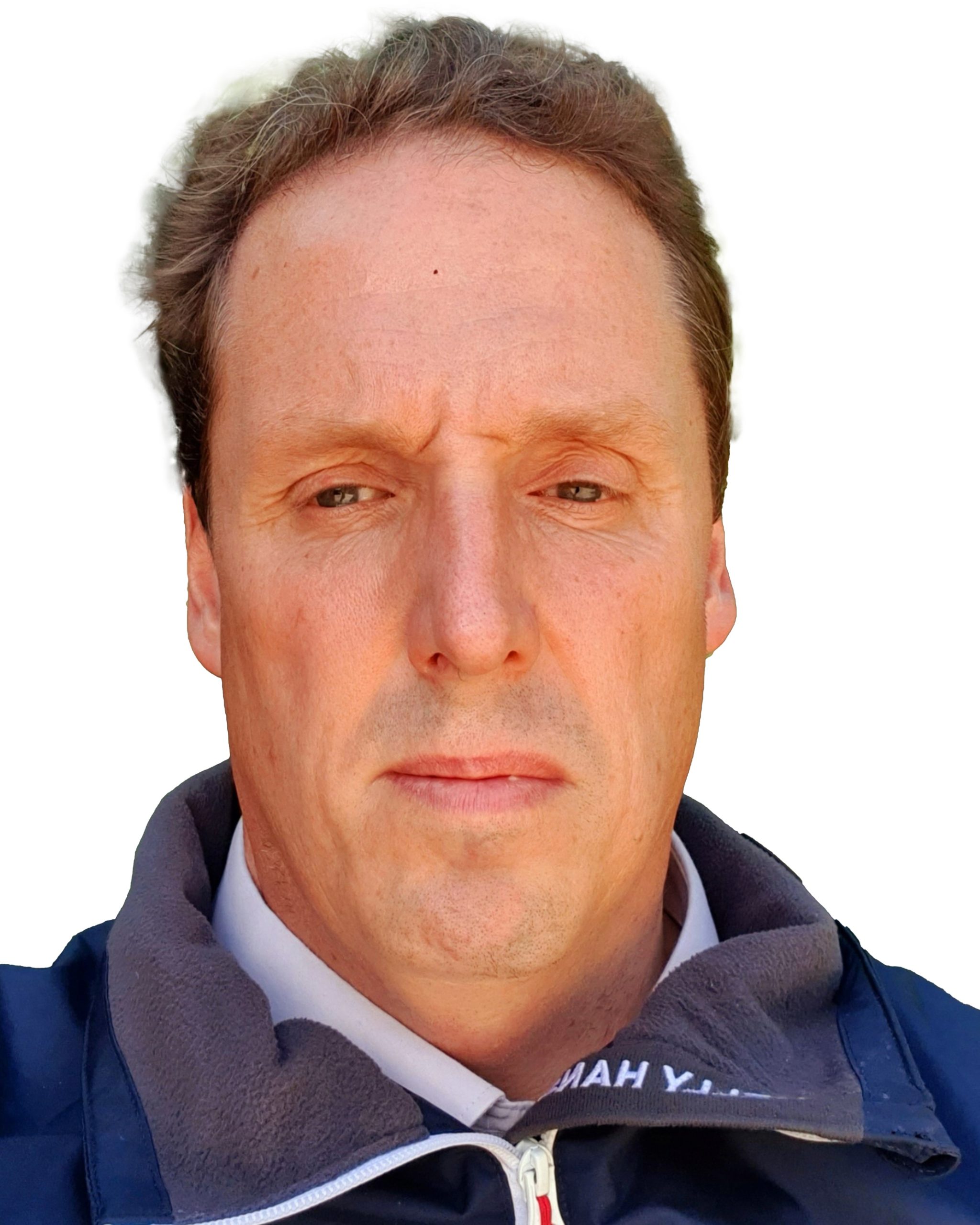
In his regular column, Oliver Grievson, Associate Director AtkinsRéalis and Royal Academy of Engineering Visiting Professor at the University of Exeter, asks how we can accelerate the digital transformation of the water industry.
Digital transformation of the water industry is going to be essential in order to deliver on the proposals for AMP8. In November at the Digital Water Summit 2024 it was made clear that the tools and the technology within the digital water space already exist but uptake is slow, which has been the case for some time.
So, the questions is how do we accelerate the digital transformation of the water industry, particularly as the industry now seems ready to accept and welcome the benefits it will bring.
But when we talk about digital water, what exactly does that mean? In reality the industry doesn’t have a clear definition of what it actually is, and the truth is that it is different for different stakeholders.
Currently within the UK water industry there are organisations such as BIM4Water, SWAN and the International Water Association, all approaching digital water from different aspects with their own opinion as to what it is.
In my view, what we’re talking about is a collection of digital tools for the water industry to use, which fundamentally work on the basis of using data to provide insight in some form or another.
The nature of the insight has to be defined by stakeholder engagement depending upon the use-case and the value to an organisation. If this sounds a little over-complicated, here are the different use cases as examples.
In our first use-case we can look at the operational control room of a water company. It is a very dynamic environment where thousands of pieces of data have to be understood and actioned upon within a short period of time. In this situation digital water can be used to provide situational awareness and allow the control desk management to understand where to best send resources. This is an operational facet of digital water where aspects such as event management and the concepts of digital twins come to the forefront.
Our second use-case scenario involves long-term planning and asset management. Water companies are constantly considering how to resolve some of its trickiest problems, such as controlling the wastewater network in the most effective and efficient way. In the next asset management period, more nature based solutions and SUDS will be installed to help slow the flow into the wastewater system. How can the most effective solutions be decided, and where is the best place to install them? Using modelling tools, we can assess potential solutions to ensure that the most effective and cost-efficient ones are installed.
The digital tools to do these things already exist, so it is just a matter of the industry being aware of them and delivering the solutions in the most sustainable way.
At the Digital Water Summit in 2023, Wim Audenaert, stated that any tool or technology has not only got to be technologically ready but market ready too and if not, should be put in the “fridge” until the market is ready…..with the challenges that the industry faces I think it’s quite clear the fridge must be opened and the time for delivering digital water into the industry is now.



